It’s time to explore the innovative technology of piezoelectric heat pumps and determine whether they are a practical and efficient option for heating our homes. By harnessing the power of piezoelectric materials to generate heat, these heat pumps offer a promising alternative to traditional heating systems. In this blog post, we will investigate into how piezoelectric heat pumps work, their potential benefits, and whether they could be the future of heating technology.
Principles of Piezoelectricity
Basics of the Piezoelectric Effect
For many, the concept of piezoelectricity may seem complex, but its principles are quite simple. Piezoelectricity is the ability of certain materials to generate an electric charge in response to applied mechanical stress. Conversely, these materials can also deform when subjected to an electric field. This phenomenon is the foundation of piezoelectric technology, which has applications in various fields, including heat pump technology.
Application in Heat Pump Technology
Technology incorporating piezoelectric elements for heat pumps is gaining attention for its energy efficiency and eco-friendliness. By utilizing the piezoelectric effect, these systems can efficiently transfer heat from one location to another by applying mechanical stress to the piezoelectric material, causing temperature changes. This innovative approach shows promise in revolutionizing traditional heat pump systems.
Piezoelectric Heat Pumps Explained
Design and Operation
Explained: Piezoelectric heat pumps function by utilizing the piezoelectric effect, where certain materials generate an electric charge in response to applied mechanical stress. When an alternating voltage is applied to the piezoelectric material, it causes the material to expand and contract rapidly. This expansion and contraction generate heat, which can be used to warm up a space efficiently.
Advantages over Traditional Heating Systems
On the surface, piezoelectric heat pumps offer several advantages over traditional heating systems. They are incredibly energy-efficient, as they only require a small amount of electricity to generate heat. Additionally, they have a longer lifespan as there are no moving parts that can wear out over time. Piezoelectric heat pumps are also eco-friendly, producing no greenhouse gas emissions during operation.
Traditional heating systems rely on burning fossil fuels or using electricity to generate heat. These systems can be inefficient, leading to higher energy costs and increased carbon emissions. In contrast, piezoelectric heat pumps provide a cleaner and more sustainable way to heat our homes and buildings.
Challenges and Considerations
Technical Limitations and Current Research
To address the feasibility of piezoelectric heat pumps as a viable alternative for heating, it is imperative to consider the technical limitations and current research advancements in this field. Considerations such as the efficiency of energy conversion, material durability, and scalability are crucial factors that need to be addressed to enhance the performance and reliability of piezoelectric heat pumps.
Economic and Environmental Impacts
Environmental sustainability and cost-effectiveness are key considerations when evaluating the adoption of piezoelectric heat pumps for heating applications. While piezoelectric technology offers the potential for energy savings and reduced carbon emissions, the initial investment costs and the environmental impact of manufacturing and disposing of piezoelectric materials need to be carefully assessed.
Understanding Economic and Environmental Impacts: The economic viability of piezoelectric heat pumps is influenced by factors such as manufacturing costs, energy efficiency, and long-term operational savings. Furthermore, the environmental impacts of piezoelectric materials, such as lead zirconate titanate (PZT), used in these systems need to be carefully managed through sustainable manufacturing processes and proper end-of-life disposal methods to mitigate any negative effects on the environment.
Implementation and Market Potential
Current Usage of Piezoelectric Heat Pumps
An increasing number of industries are turning to piezoelectric heat pumps as an efficient alternative for heating. The technology is being utilized in diverse applications such as aerospace, automotive, and consumer electronics. With the ability to convert electrical energy into heat, piezoelectric heat pumps offer a sustainable solution for heating needs.
Future Outlook and Developments
To meet the growing demand for more sustainable heating solutions, researchers and manufacturers are constantly working on advancements in piezoelectric heat pump technology. By enhancing efficiency and harnessing the full potential of this technology, the market for piezoelectric heat pumps is expected to expand significantly in the coming years.
Usage of piezoelectric heat pumps is poised to revolutionize the heating industry by providing a cleaner, more energy-efficient alternative to traditional heating methods. With ongoing research and technological developments, the future looks promising for the widespread adoption of piezoelectric heat pumps across various sectors.
Conclusion
With these considerations in mind, it is clear that piezoelectric heat pumps have the potential to be a viable alternative for heating in the future. The efficiency and sustainability of this technology make it an attractive option for reducing energy consumption and carbon emissions. However, further research and development are needed to address the current limitations and improve the performance of piezoelectric heat pumps. With advancements in technology and continued investment in this area, piezoelectric heat pumps could become a mainstream solution for heating in residential and commercial buildings.
Related Posts
 Understanding The Cost Savings Of Heat Pumps – A Closer Look
Understanding The Cost Savings Of Heat Pumps – A Closer Look
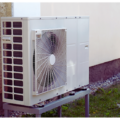 Why Thermionic Heat Pumps Could Be The Next Big Thing In Home Heating?
Why Thermionic Heat Pumps Could Be The Next Big Thing In Home Heating?
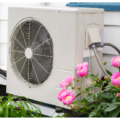 How Do Thermoelectric Heat Pumps Utilize The Seebeck Effect?
How Do Thermoelectric Heat Pumps Utilize The Seebeck Effect?
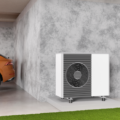 Is Magnetic Heat Pump Technology Worth Investing In?
Is Magnetic Heat Pump Technology Worth Investing In?
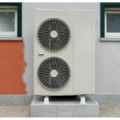 Can Geothermal Heat Pumps Revolutionize Your Home Heating?
Can Geothermal Heat Pumps Revolutionize Your Home Heating?
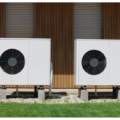 Have You Considered Using Thermotransport Heat Pumps In Your Home?
Have You Considered Using Thermotransport Heat Pumps In Your Home?
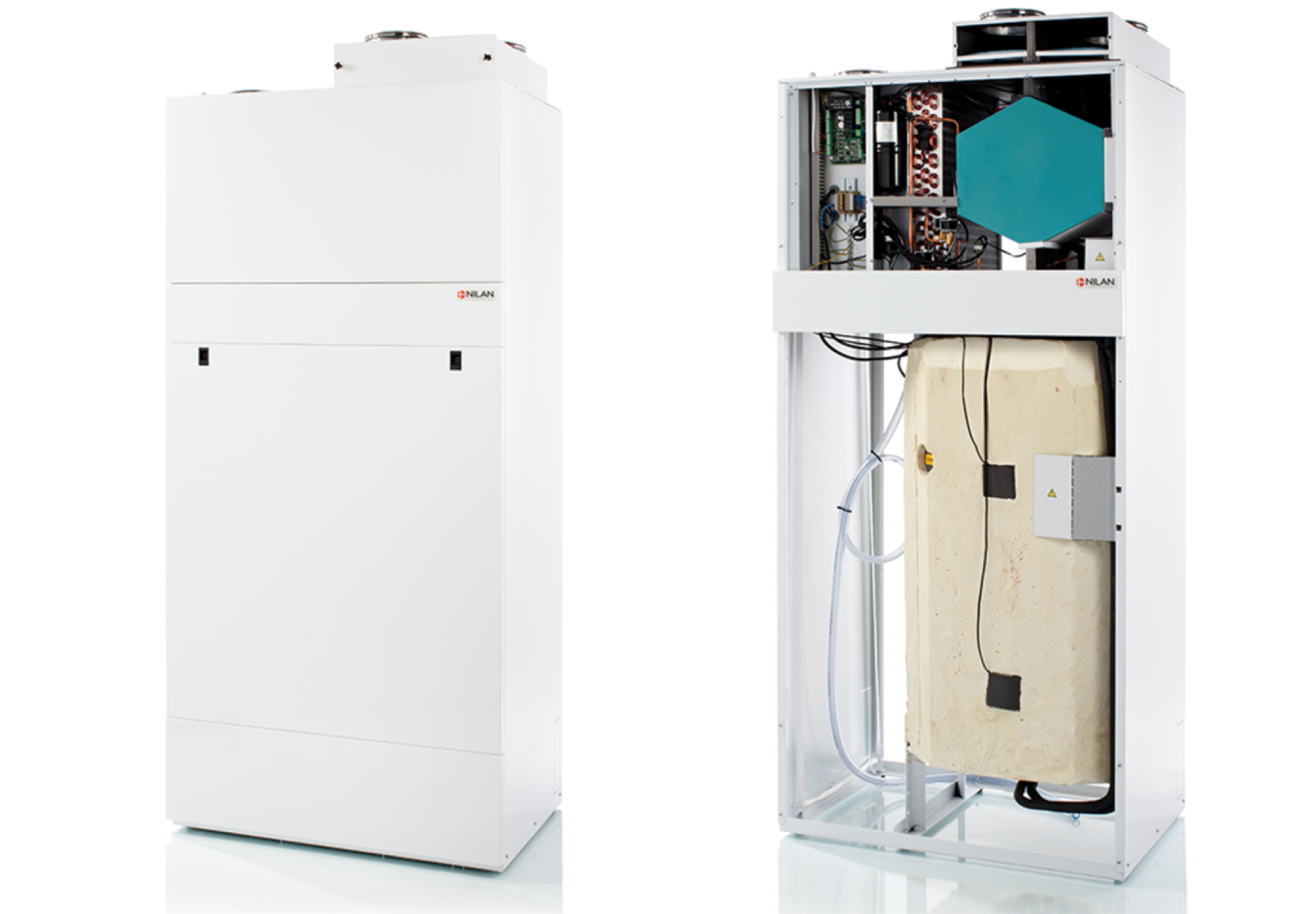 Nilan Compact P Basic: A Guide to Efficient Home Ventilation
Nilan Compact P Basic: A Guide to Efficient Home Ventilation
 Heat Pump Units
Heat Pump Units
 Why Nilan Heat Pumps are the Future of Heating and Ventilation
Why Nilan Heat Pumps are the Future of Heating and Ventilation
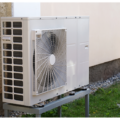 Are Ground Source Heat Pumps The Eco-Friendly Choice For You?
Are Ground Source Heat Pumps The Eco-Friendly Choice For You?

